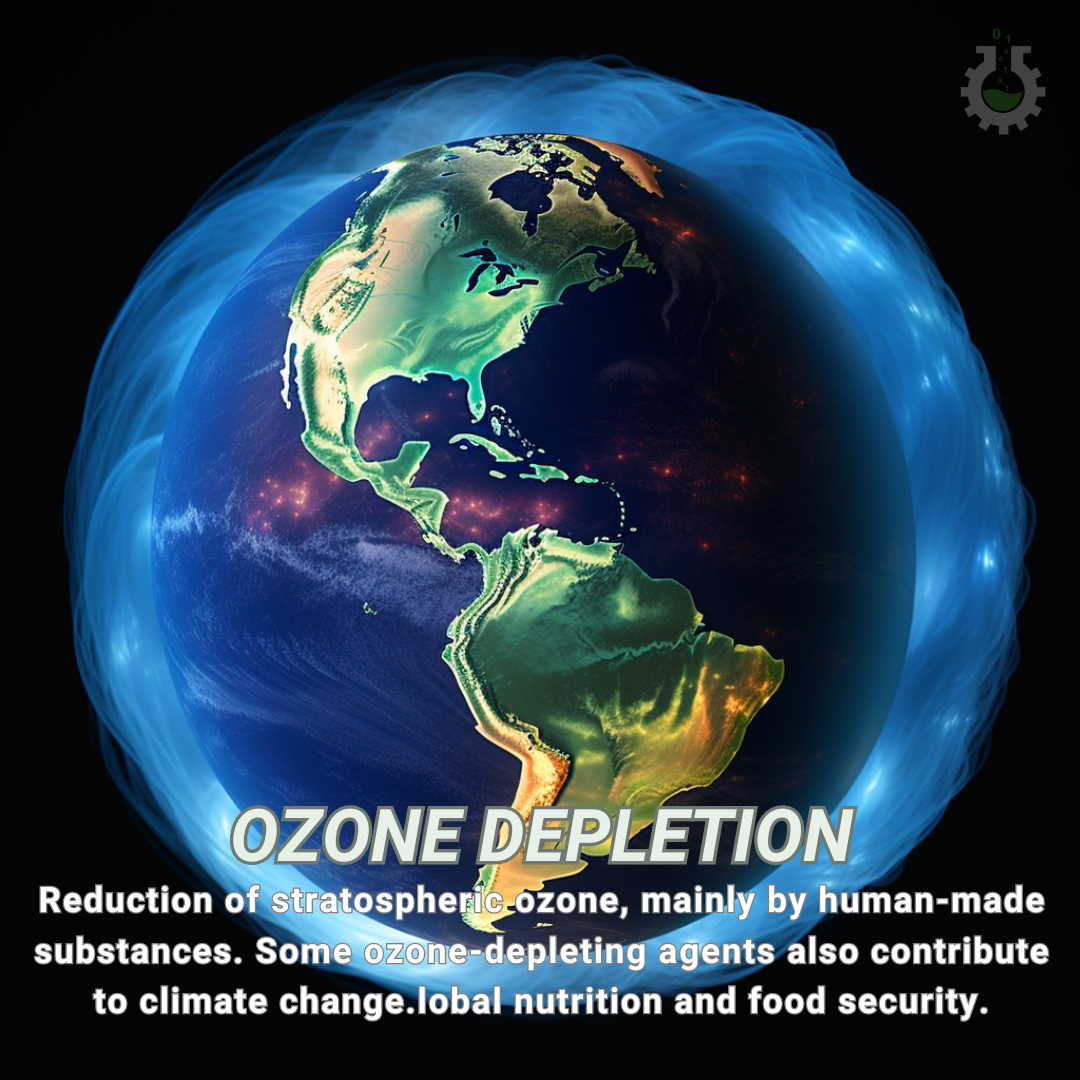November 9, 2023
Climate Change Poster Collection of the Day – Ozone depletion
Book a Demo
Today’s Climate Change Poster Collection focuses on Ozone depletion. The correlation between ozone depletion and climate change is a subject of extensive research due to their profound impact on the biosphere and human relationships. Despite the wealth of studies, a significant amount of confusion persists about the basic science and policy issues related to these environmental problems.
It is important to note that while the two are interconnected, ozone depletion is not the primary cause of climate change. Changes in ozone concentrations do impact the Earth’s temperature balance. However, it is the human-produced chlorine- and bromine-containing gases that contribute to major ozone losses.
The ozone layer plays a critical role in Earth’s atmosphere, serving as a shield against harmful UVB-type rays. In recent years, this layer has been gradually improving due to the phasing out of many ozone layer damaging chemicals. Over the past 30 years, particularly chlorofluorocarbon (CFC) gases have seen a significant reduction.
The Montreal Protocol, an international treaty designed to protect the ozone layer, has significantly contributed to its recovery. This has been achieved by phasing out the production and consumption of numerous substances that are responsible for ozone depletion, with ongoing efforts to reduce harmful gases like Hydrochlorofluorocarbons (HCFCs).
On the other side of the coin, climate researchers have discovered that greenhouse gas emissions and the resulting warming temperatures could have a negative impact on air quality. This potentially increases deaths from air pollution exposure, a phenomenon known as the “climate penalty.”
High greenhouse gas emissions from sources like vehicles and power plants contribute to warming and increased ozone. This can exacerbate health conditions like asthma and cardiovascular diseases.
Fortunately, new Environmental Protection Agency (EPA) modeling approaches are aiding states in understanding how climate change will affect air quality and public health. These research findings are of utmost importance, especially when it comes to public policy and health regulations.
The reduction of future air pollutant emissions could potentially decrease the number of deaths due to climate-driven increases in air pollution by thousands per year. This underscores the critical need for continued efforts in reducing greenhouse gas emissions and protecting our ozone layer – for the health of our planet and its inhabitants.
Discover an inspiring collection of climate change poster.



